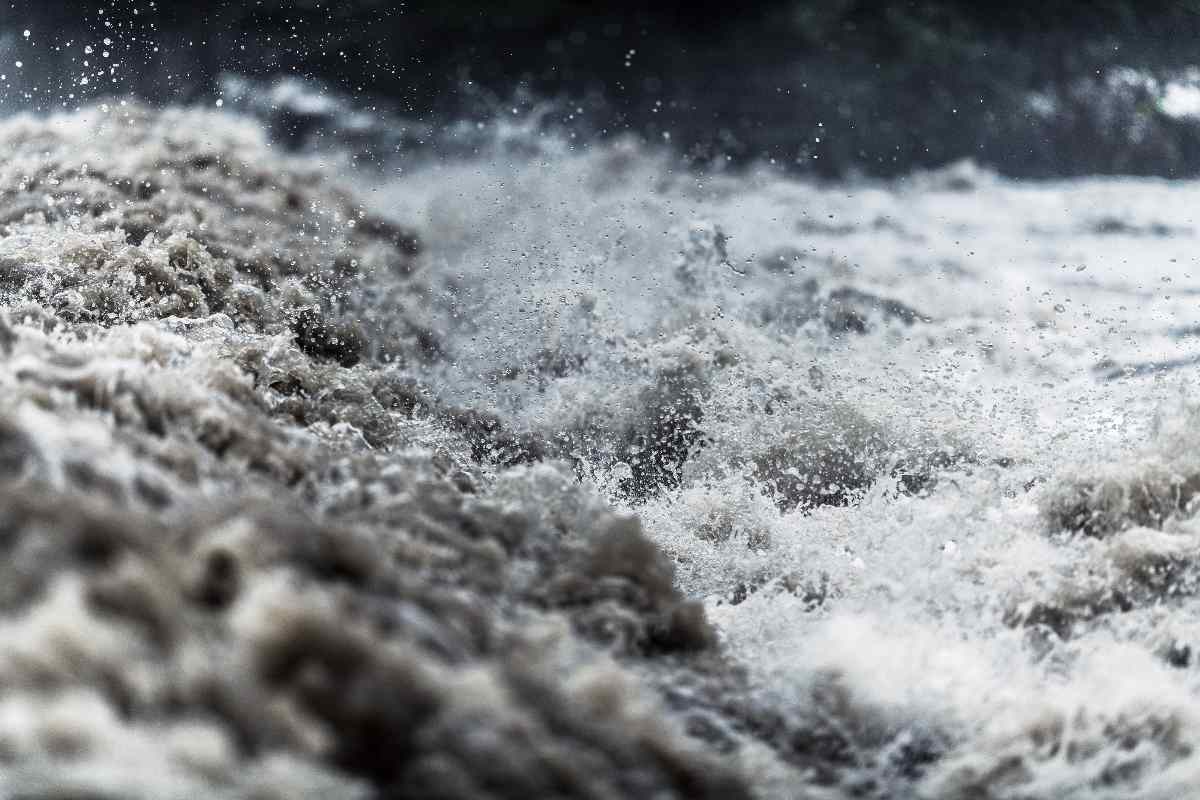When it comes to protecting your home and belongings, nothing can quite prepare you for the unpredictability of Mother Nature. From hurricanes and floods to wildfires and tornadoes, the United States is no stranger to the wrath of natural disasters. While you can't control the weather, you can manage your level of preparedness. In this blog, we'll explore the crucial topic of home insurance and how it plays a pivotal role in safeguarding your home and assets in the face of nature's fury.
The Power of Home Insurance
A financial safety net that gives homeowners comfort is home insurance. It is an agreement between you and an insurance provider that guarantees to defend your home and other belongings from various hazards, such as natural disasters, in return for recurring premium payments.
Understanding Natural Disaster Coverage
The extent of natural disaster coverage in a home insurance policy can vary depending on several factors, including your location and the specific policy you choose. Here's a breakdown of some key elements to consider:
1. Hurricanes and Windstorms: If you live in a coastal area prone to hurricanes, you may need additional coverage beyond standard home insurance. Windstorm insurance can protect against damage caused by the high winds associated with hurricanes.
2. Flood Insurance: Standard home insurance policies typically do not cover flood damage. Homeowners must acquire a separate flood insurance policy through the National Flood Insurance Program (NFIP) or private insurers to be protected against floods.
3. Wildfires: Homes in wildfire-prone areas may require specialized coverage. If your house is damaged or destroyed by a wildfire, wildfire insurance can help with the expense of restoration or reconstruction.
4. Earthquakes: Homeowners should consider earthquake insurance in earthquake-prone regions. Standard home insurance policies exclude earthquake damage, so this coverage is vital for protection.
5. Tornadoes and Storms: Most home insurance policies cover damage caused by tornadoes, thunderstorms, and hail. However, reviewing your policy to understand the limits and deductibles associated with such events is essential.
Evaluating Your Risk
Determining the level of natural disaster coverage you need starts with assessing the risks in your area. Consult local resources, such as FEMA (Federal Emergency Management Agency) maps and your state's emergency management agency, to understand the types and likelihood of natural disasters in your region.
Factors Influencing Home Insurance Costs
Several factors influence the cost of your home insurance premiums, including:
1. Location: Homes in high-risk areas for natural disasters often have higher premiums.
2. Home Features: Your home's age and construction materials can affect insurance costs.
3. Coverage Limits: The amount of coverage you choose impacts your premiums. Higher coverage limits lead to higher premiums.
4. Deductibles: A higher deductible can lower your premiums, but it also means you'll pay more out of pocket in case of a claim.
5. Discounts: Many insurance companies offer discounts for safety features like smoke detectors, security systems, and storm-resistant roofing.
Mitigating Risks and Lowering Premiums
While you can't control natural disasters, you can take steps to mitigate risks and potentially lower your insurance premiums:
1. Home Improvements: Invest in upgrades that make your home more resilient to natural disasters, such as reinforced roofs, impact-resistant windows, and elevated foundations.
2. Emergency Preparedness: Create a disaster preparedness plan for your family, including an evacuation strategy and emergency supplies.
3. Insurance Review: Periodically review your insurance policy to ensure it adequately covers your needs, especially if you've made home improvements or experienced changes in your area's risk profile.
4. Bundling Policies: Consider bundling your home insurance with other auto insurance policies to reduce overall insurance costs.
In the face of Mother Nature's unpredictable fury, home insurance is your first line of defense. While you can't stop natural disasters from occurring, you can prepare and protect what matters most. Evaluate your risks, understand your insurance coverage, and take proactive measures to safeguard your home and assets. Remember that being prepared today can make all the difference when the worst happens tomorrow.

